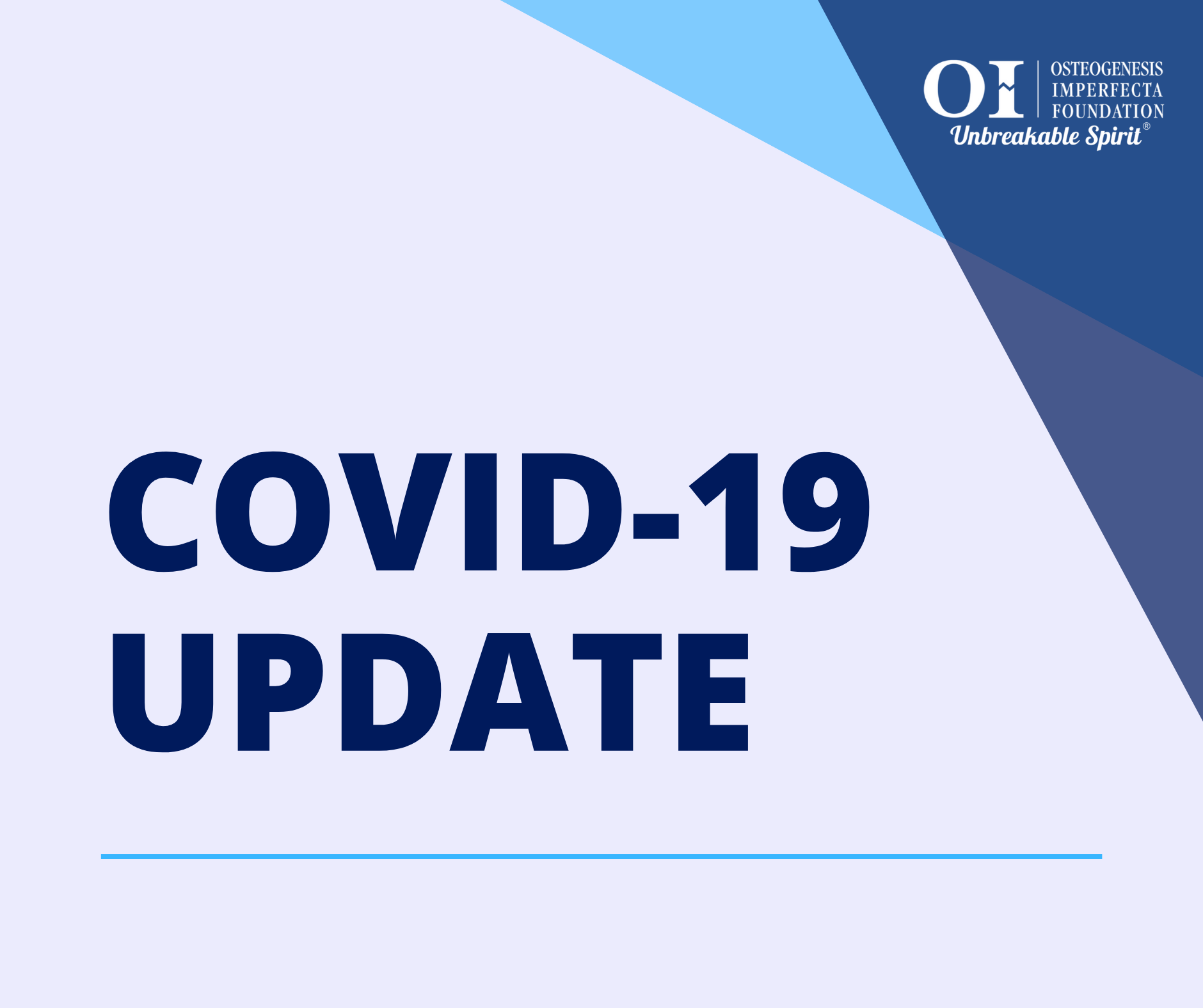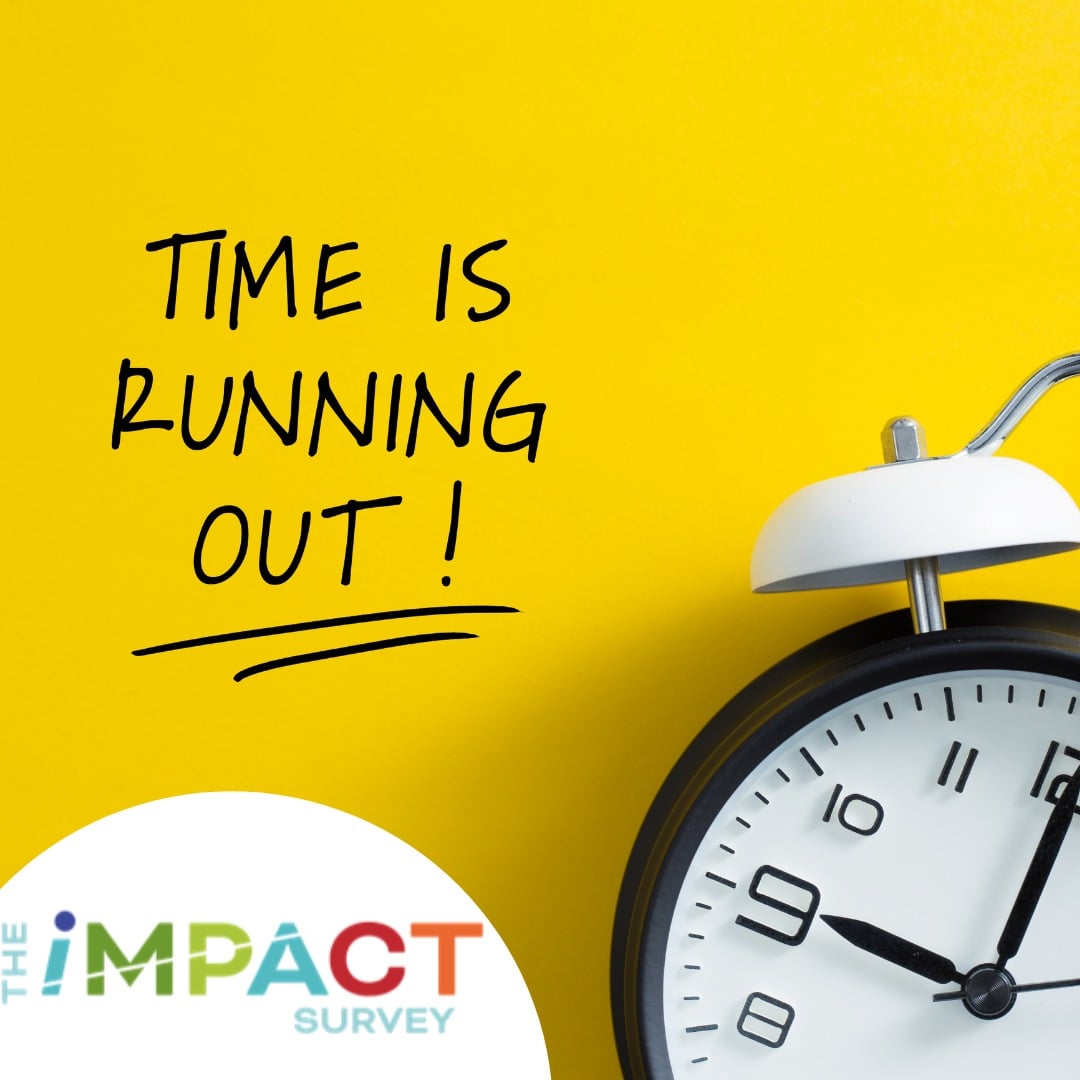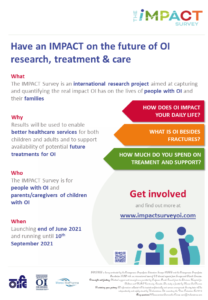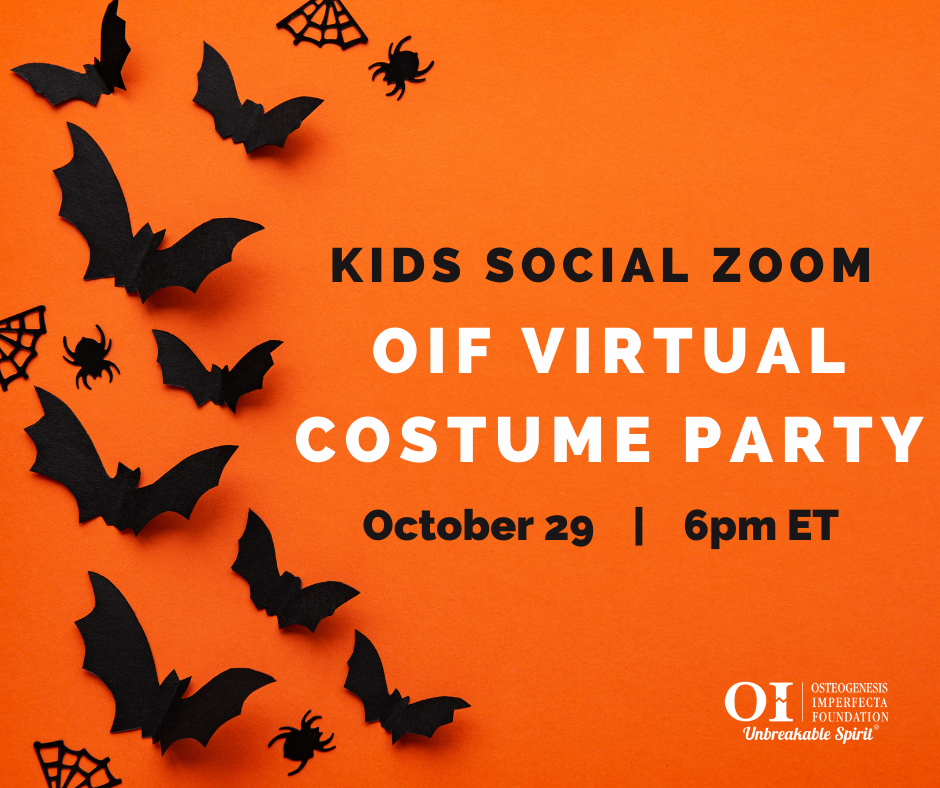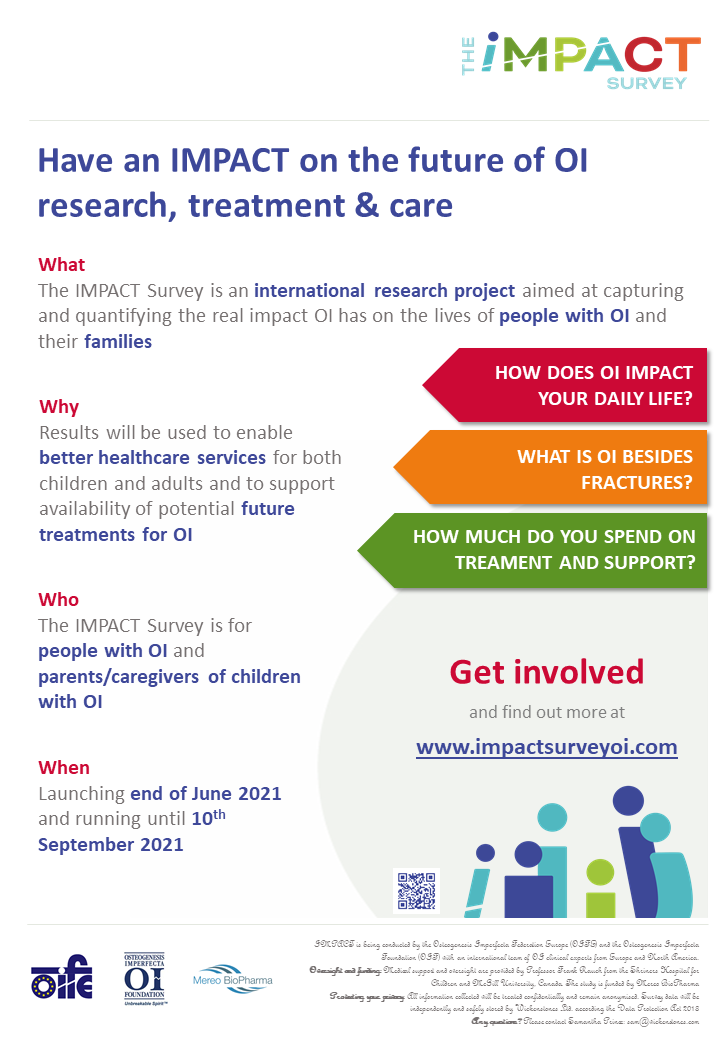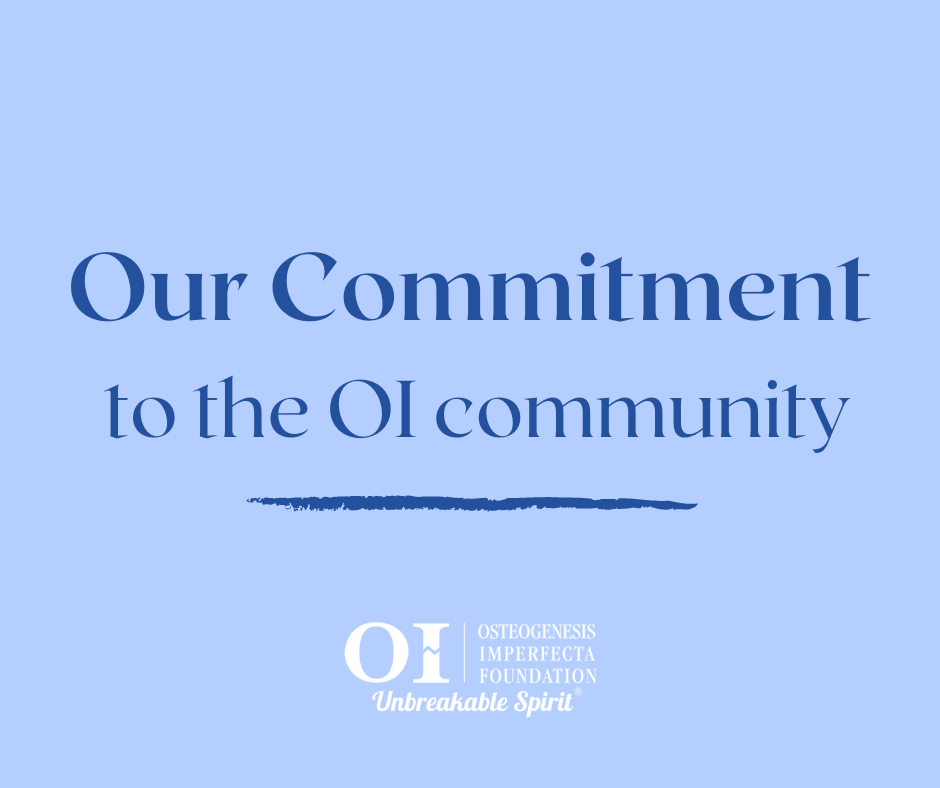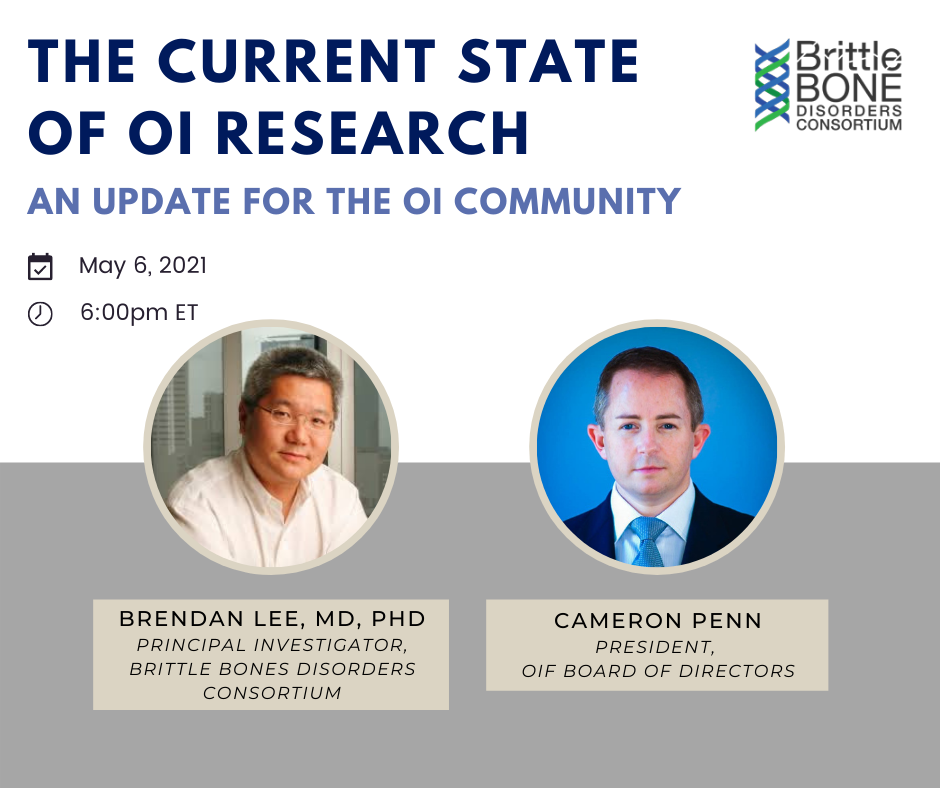Update from the Centers for Disease Control and Prevention on COVID-19 Booster Shots
The OIF’s Medical Advisory Council recommends following the Centers for Disease Control and Prevention (CDC) COVID-19 guidelines. The COVID-19 Toolkit is an ever-evolving resource, it is our goal to provide community members with the most up to date medically verified information. The Centers for Disease Control and Prevention released the CDC Statement on ACIP Booster Recommendations regarding the Pfizer-BioNTech COVID-19 booster shot recommendations on Friday, September 24th, 2021.
CDC recommends:
- people 65 years and older and residents in long-term care settings should receive a booster shot of Pfizer-BioNTech’s COVID-19 vaccine at least 6 months after their Pfizer-BioNTech primary series,
- people aged 50–64 years with underlying medical conditions should receive a booster shot of Pfizer-BioNTech’s COVID-19 vaccine at least 6 months after their Pfizer-BioNTech primary series,
- people aged 18–49 years with underlying medical conditions may receive a booster shot of Pfizer-BioNTech’s COVID-19 vaccine at least 6 months after their Pfizer-BioNTech primary series, based on their individual benefits and risks, and
- people aged 18-64 years who are at increased risk for COVID-19 exposure and transmission because of occupational or institutional setting may receive a booster shot of Pfizer-BioNTech’s COVID-19 vaccine at least 6 months after their Pfizer-BioNTech primary series, based on their individual benefits and risks.
(Source: https://www.cdc.gov/media/releases/2021/p0924-booster-recommendations-.html )
We would like to encourage you to read the press release in its entirety at: CDC Statement on ACIP Booster Recommendations .
OI and Covid-19
Osteogenesis Imperfecta (OI), while primarily known as a bone disease leading to frequent fractures, is at its core a genetic defect in collagen manufacture, assembly, and/or quantity. While collagen is important in the normal growth and mineralization of bone, collagen also makes up a large portion of the connective tissue of the lungs. Individuals with OI have underlying lung disease due to these collagen defects and, in fact, respiratory failure is the major cause of death in individuals with OI. Therefore, it is highly likely that individuals with OI who develop COVID-19 will get more severe disease than the general population and should therefore be included in the vaccine prioritization group that includes those with chronic lung disease such as COPD. (Source Resource: Sample Vaccine Letter)
Resource: Research on Pulmonary Health and OI
The connection between chronic lung disease and osteogenesis imperfecta has been shown in multiple studies. You can share the following articles with your doctor and relevant parties.
- Respiratory Impairment Impacts QOL in Osteogenesis Imperfecta Independent of Skeletal Abnormalities
- Cardiopulmonary Status in Adults with Osteogenesis Imperfecta: Intrinsic Lung Disease May Contribute More Than Scoliosis
If you have questions about COVID-19 and OI, please contact the OIF at bonelink@oif.org.





